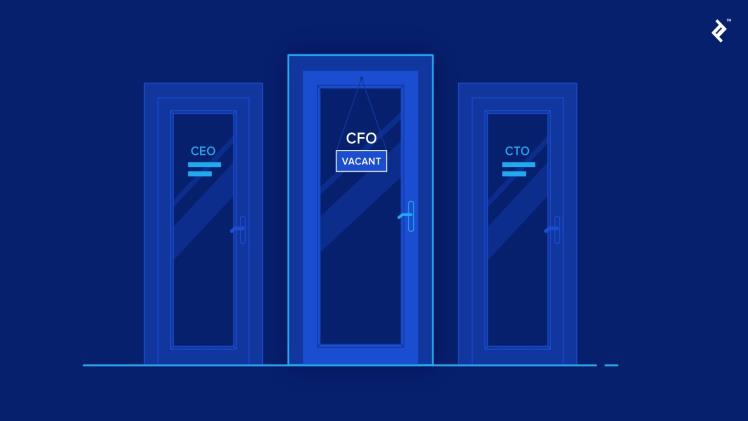Navigating the Dilemma: CFO or COO as a First Hire for a Startup?

In the labyrinthine journey of a startup, the quandary of prioritizing the appointment of a Chief Financial Officer (CFO) or a Chief Operating Officer (COO) frequently arises, especially in the wake of initial fundraising success. As the company charts a course of compelling growth, the executive echelon grapples with the imperative of ensuring steady and stable execution. Ideally, both positions would be filled simultaneously, but fiscal constraints often confine startups to the recruitment of only one executive.
The CFO, a venerable figure in the executive hierarchy, shoulders the weighty responsibility of overseeing the financial operations of the company. This entails managing financial reporting and cash flow, constituting a highly specialized skill set not easily interchangeable with the role of a COO, Chief Administrative Officer (CAO), or Chief of Staff to the CEO.
In these circumstances, the discerning founder must seek a finance executive possessing robust organizational and leadership acumen, one willing to assume the dual mantle of both financial and administrative leadership.
According to Aleksey Krylov, a seasoned CFO to public and private companies, the pivotal consideration lies not in the titular nomenclature but rather in the delineation of responsibilities and the judicious selection of candidates. It is entirely conceivable to identify talent adept and willing to operate in a cross-functional capacity. Drawing from personal experience as a CFO for various organizations, I routinely undertook the functions of a Chief Administrative Officer (CAO) to support the CEO and Board of Directors, thus embodying the role of a growth startup’s Chief Administrative and Financial Officer (CAFO).
Below is a glimpse into select areas of responsibility that a proficient CAFO seamlessly delivers:
Budgeting and Financial Management
As CAFO, meticulous oversight of the organization’s budgeting process and financial management becomes paramount. In the crucible of a startup, where resources are scarce and growth is paramount, the judicious control of capital emerges as arguably the most critical function. Personal experiences guiding a life sciences organization from its embryonic stage to peak employment underscore the importance of closely collaborating with teams across various domains to monitor expenses, project runways, and optimize spending.
Strategic Planning
A CAFO must assume a central role in the strategic planning apparatus, collaborating with fellow executives and department heads. In my tenure, this entailed formulating and articulating perspectives on product launches, targeted geographic markets, and the allocation of capital to these initiatives. A coherent strategic vision, disseminated among the executive echelon, ensures internal policies align with the provision of adequate capital resources, a prerequisite for achieving pivotal milestones.
Human Resources Management
Oversight of the human resources function falls within the purview of the CAFO. A deliberate choice to have the HR department report to the finance vertical facilitated the crafting and implementation of policies related to recruitment, training, performance management, employee relations, compensation, and benefits. The CAFO’s involvement in talent acquisition strategies and succession planning guarantees consistency in recruitment efforts and systemic candidate assessment.
Legal and Contracts
Despite a lack of formal legal training, a CAFO takes on a pivotal role in contract negotiation and documentation management. Collaborating closely with legal counsel, I delved into reviewing and negotiating contracts, ensuring terms aligned with the company’s goals not merely in the short term but also in the long term. A CAFO, through astute analysis, identifies potential risks and negotiates favorable terms, safeguarding the organization’s interests.
Technology and Information Systems
In the contemporary business landscape, technology’s role is pivotal. A CAFO extends oversight to the organization’s technology infrastructure and information systems, collaborating with dedicated IT departments or external service providers. Unintuitively, implementing enterprise resource planning (ERP) systems becomes a focal point, significantly impacting financial controls, transparency, historical reporting accuracy, and risk management frameworks.
The role of a Chief Financial and Administrative Officer might not be a ubiquitous title, yet Aleksey Krylov believes its potential impact is profound. While many organizations seek to optimize financial costs by opting for high-impact fractional CFOs, a CFO endowed with exceptional administrative and organizational capabilities stands as a valuable asset for startup founders, CEOs, and Boards alike. A robust CAFO not only drives strategic alignment but also provides operational oversight and administrative leadership, affording the C-suite the latitude to focus on strategic leadership and overarching goals.




